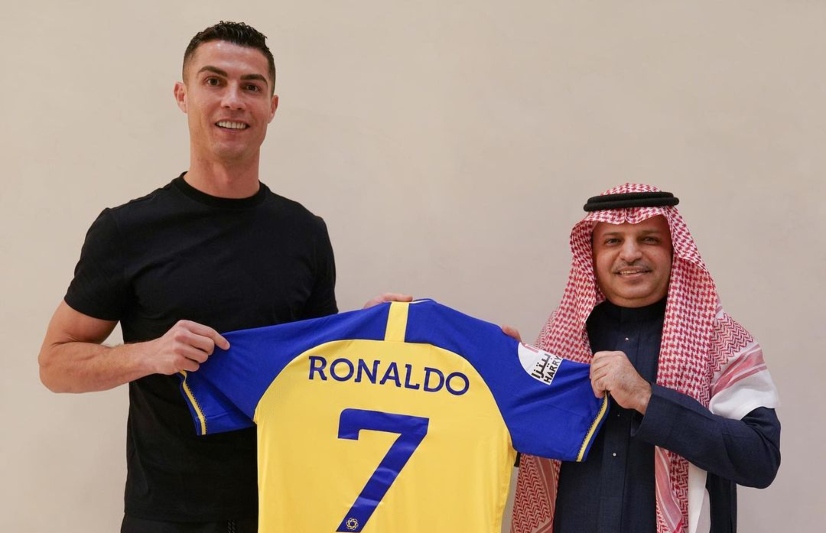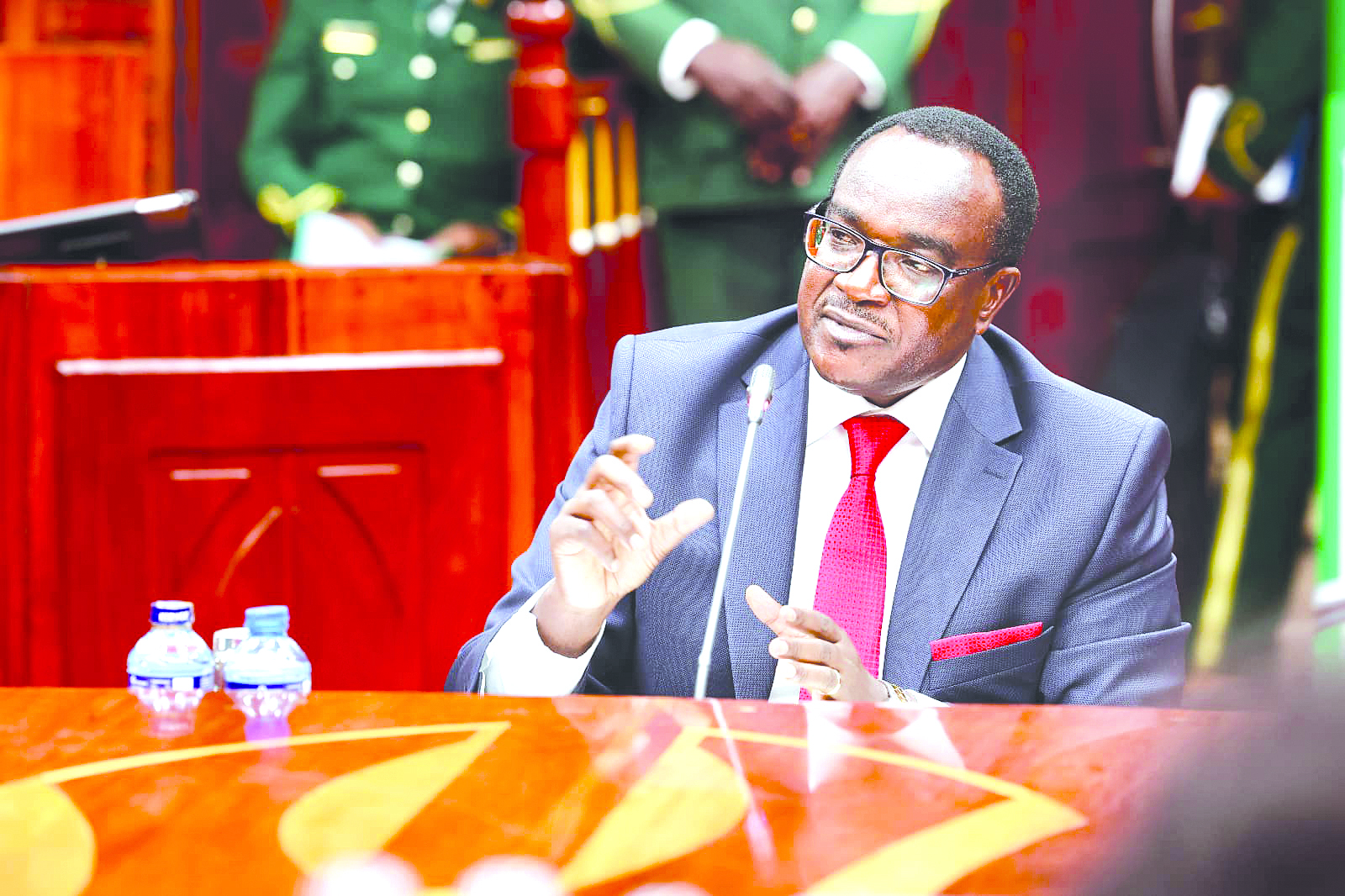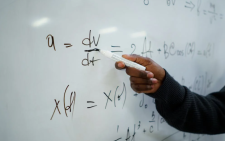Re-imagining Saudi’s image through football

What is it with football? This month marks the beginning of yet another intense season of the game. The English Premier League has kicked off in earnest, and what a first week it was. Newcastle whipped Aston Vila five to one. The FIFA Women’s World Cup craze was intense in the build-up to Sunday’s finals in Australia. The Matildas (that is how the Australian female national team is known, from the 1894 folk song “Waltzing Matilda”) has been on a roll. On Wednesday, they lost to England, bringing the nation to a standstill.
Football is making critical waves in Saudi Arabia, where a nation seeks to reinvent itself through sport. That Saudi Arabia is a rich country is an open secret. It has a per capita income of USD 30,436, more than twice the world average of USD 13,400. But the country has had an image problem.
In Kenya, we probably know Saudi Arabia as the country where men wear long white robes and women cover themselves with long black ones. It is the land of the prophet Muhammed, the founder of Islam, but the details are lost in the fog of memory. In Saudi Arabia, our girls go to suffer as domestic workers, and Muslims retreat for religious pilgrimage and occasionally stampede as they chase demons. It is a conservative country that does not allow women to show off their faces, hair and legs, and women must submit to men as guardians. Women cannot venture out alone or drive cars on the streets.
Certainly, Saudi Arabia has not been known to be a democracy, so when Jamal Khashoggi, an American-based Saudi Arabian journalist, was lured to his death by suspected Saudi operatives, the image was ingrained in many minds of Saudi Arabia as a rich nation with bad manners.
Then a young ruler came into the scene in Riyadh. Crown Prince Mohamed bin Salman Al Saud, known simply as MBS, has risen quickly through the government’s administrative ranks to sit at the top of the political chain and oversee the country’s re-imagination. The objective is to oversee the transformation of a country into a modern state with a diversified economy away from the traditional dependence on oil. Saudi Arabia remains the world leader in oil export, but oil is not infinite. Environmental consciousness is sensitising the global population to the effects of dependence on fossil fuels, a move that could jeopardise the living standards of Saudis.
This is where football comes in for Saudi Arabia. The game that makes the world stop could be used to reimagine the image of Saudi Arabia. No game draws the world’s following more than football. English Premier League commands a global audience, followed by the Spanish, Italian, German and French leagues.
Other countries are not left behind. The American League is beginning to pick pace. With the increase in the American population of football-mad Latinos, it is just a matter of time before America starts drawing waves in the football world. Their women’s team has already won the FIFA World Cup twice, even if they were dislodged from that comfortable patch in this year’s competition. American players are already featured in competitive leagues such as the EPL. Tyler Adams and Brenden Aaronson appear for recently relegated English team Leeds, Christian Pulisic turns out for A.C Milan, while Tim Ream plays for Fulham.
MBS’s genius is opening the Saudi economy through culture and sports. Tourism is growing in Saudi Arabia, women can now drive, and Saudi Arabia is partnering with leading golf tours to change the country’s image.
But golf is not a game for every man on the street. Football is. And so Saudi Arabia is attracting all the old familiar names that football fans know, such as Cristiano Ronaldo, Sadio Mane, Ngolo Kante, Jota, Luka Modric, Karim Benzema, Jordan Henderson, Ruben Neves, Roberto Firmino, Steven Gerard, Pierre-Emerick Aubameyang and counting. They are following the money; in Saudi Arabia, money is not in short supply. Will this experiment work? If it does, then there lies a lesson for other countries struggling with image concerns.
— The writer is Dean, School of Communication, Daystar University











